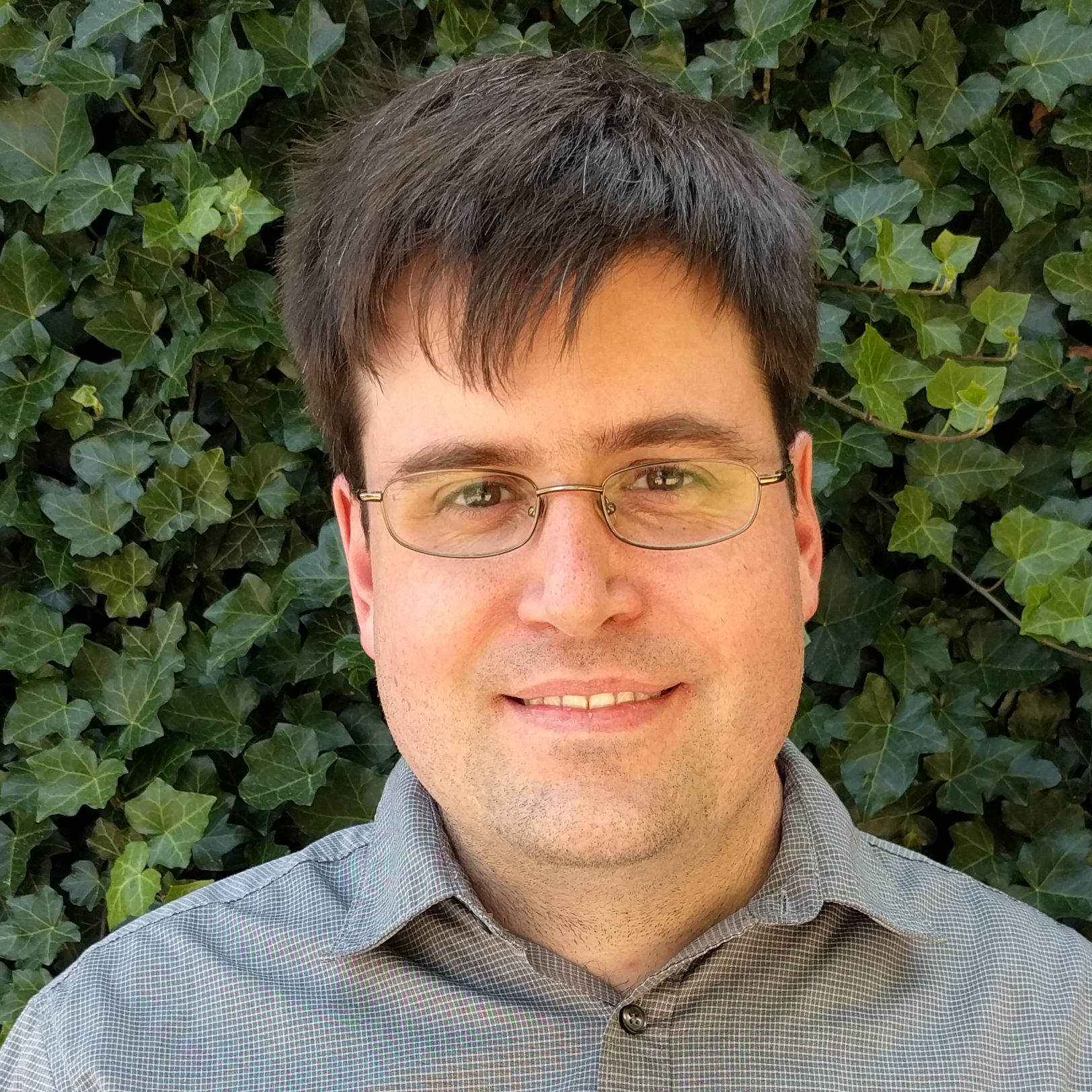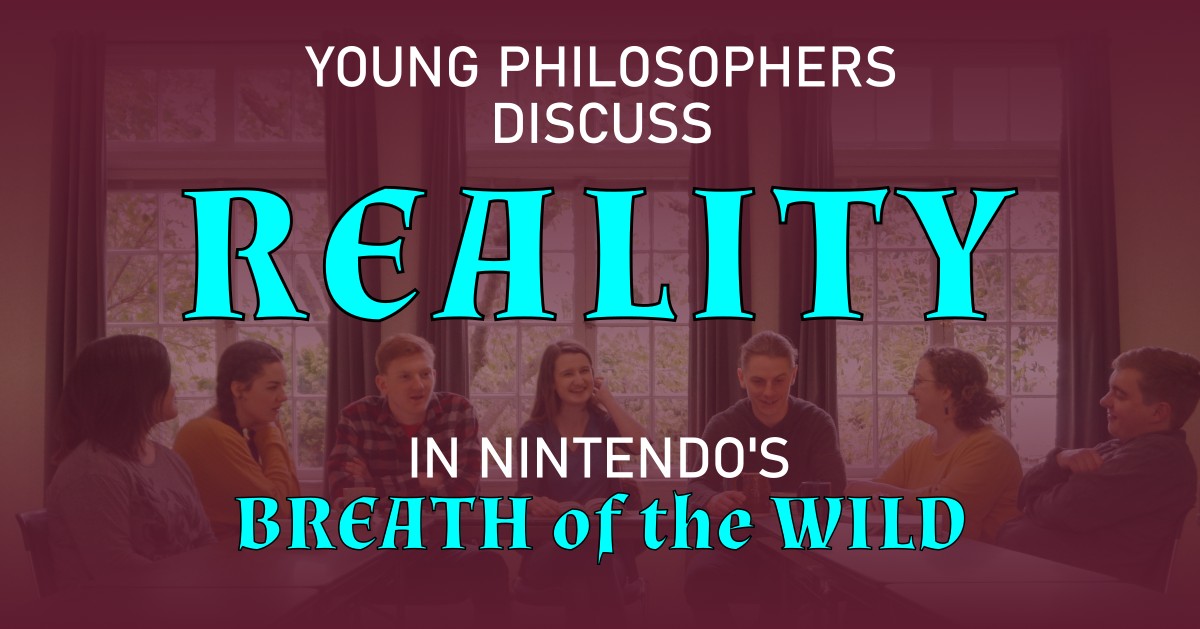In The Legend of Zelda: Breath of the Wild, you run through waving fields of grass, climb frigid mountains, and cross expansive, sandy deserts. With its huge, open world to explore, it is no wonder that it has appeared on lists of the best video games of all time. But, of course, no matter how realistic the game is, the world you are exploring is not real… or is it? What about the beauty of the landscape and the rightness of defending the world from evil—are these real? Are you having real fun while you fight and explore? What does it mean for something to be real, anyway? (Could the fields and mountains even be real in some sense???) Finally, if video games are not as real as the world we live in, does this mean that playing them is a waste of time? If you like video games and you like to ask questions, come join us—this session is for you.
Young Philosophers is an online discussion for high-school-aged students. Join us for “Reality in Nintendo’s Breath of the Wild” on Thursday, December 1, from 4-6 p.m. Pacific time. The discussion will be led by Gutenberg tutor Brian Julian. Participants should have played Breath of the Wild enough to have some familiarity with it, although they do not need to have completed the game. (For the record, the instructor has defeated Calamity Ganon, solved all 120 shrines, and obtained the Master Cycle Zero, but he has not found every korok.)
Attendee Requirements: High-school age
Maximum Attendees: 12

Brian Julian joined the Gutenberg College faculty in 2021 after having taught philosophy and writing for several years at colleges in the Boston area. He holds a B.A. in liberal arts from Gutenberg College and a Ph.D. in philosophy from Boston University. He specializes in the history of philosophy and has published research on Aristotle. He writes (and cartoons) for Thinking in the Light, a website where he aims to make philosophical ideas accessible to a general audience.



